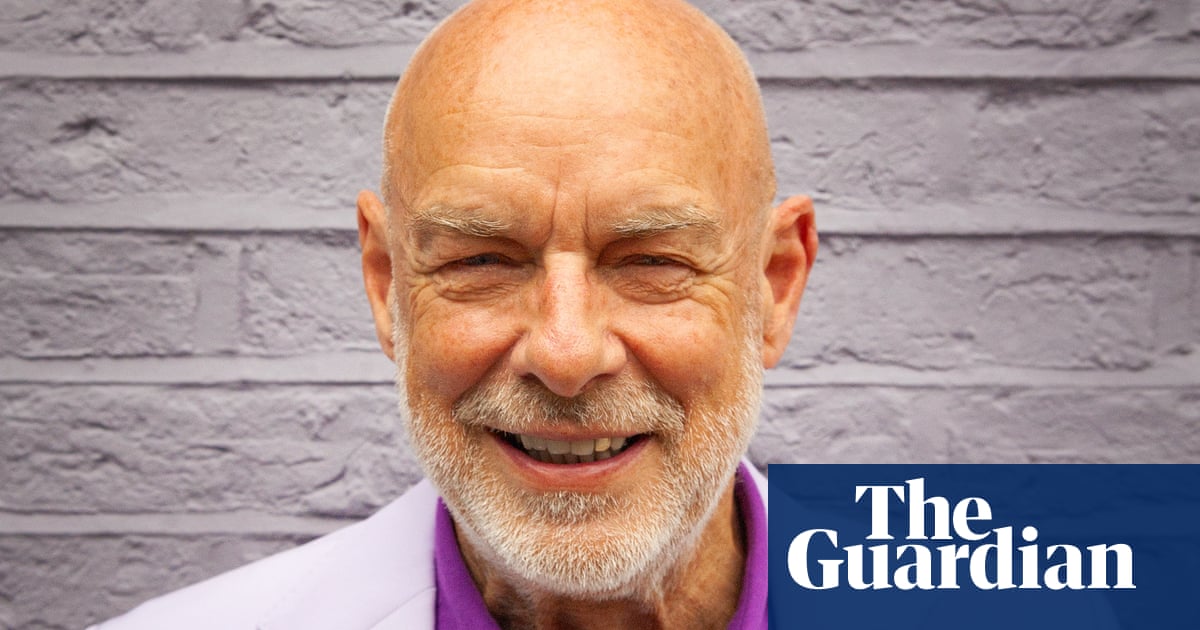The plan for the NHS workforce in England created under the Conservatives is already under review. Given Labour’s pledge to rewire the system – emphasising prevention and care delivered in the community rather than in hospitals – the overall staffing mix is bound to be reconfigured when the 10-year plan is launched next year. But amid these wider changes, and ongoing difficulties around workforce shortages, a simmering row about the role of physician associates (PAs) has become too hot to ignore. Wes Streeting’s announcement this week of a review, to be led by Prof Gillian Leng, showed that ministers have accepted the view of doctors that there is a problem.
The physician associate (PA) role was copied from the US. Television viewers of a certain age may well have had their first encounter with one on screen: Jeanie Boulet was a main character in the Chicago-set hospital drama ER. Not long after this, in 2003, the first PAs were employed in the NHS – initially with the title physician assistant. But since 2014 they have been known as physician associates – alongside a much smaller number of anaesthetic associates.
Currently there are about 3,500 and the plan was to roughly treble their number by 2037. But serious mistakes that were made in the care of two women who were treated by PAs, and subsequently died, have contributed to rising concerns among doctors about the way that PAs are used to plug staffing gaps; and also about the lack of public understanding regarding their training – which is a two-year course not taught in medical schools.
The husband of Susan Pollitt, who died in Oldham after a drain was wrongly left for too long in her body, said earlier this month that he did not know the person treating her in hospital was not a doctor. Complaints were also raised after an NHS organisation in Yorkshire had to apologise for posters that misleadingly referred to PAs as “physicians”.
Findings from the first research about PAs in the NHS were largely positive. But the evidence has not been developed since, and NHS England did not react swiftly enough when doctors’ concerns began to mount up. It is a shame that Mr Streeting’s review will not extend to the role of nursing associates, which has also expanded rapidly and in response to staffing gaps.
Some experts believe that PAs are being blamed unfairly, when the problems around patient safety are systemic. Mr Streeting acknowledged the damage when he spoke of “a toxic debate where physicians feel ignored and PAs feel demoralised”. The hope must be that the review by Prof Leng, who is a former head of the National Institute for Health and Care Excellence, will command sufficient authority that the situation improves for current PAs – even if the plan to recruit more is reversed, or their job title is changed back to assistant, as seems possible.
The introduction of associate professionals is not unique to the health service. It is part of a wider pattern across the public sector – for example in schools, where teaching assistants have taken on work that was previously done by teachers. But health is a particularly sensitive area for obvious reasons, and the review should be welcomed by all who hope to resolve the present tensions and their relationship to wider, crucial issues of staffing and patient safety.
-
Do you have an opinion on the issues raised in this article? If you would like to submit a response of up to 300 words by email to be considered for publication in our letters section, please click here.

.png) 1 month ago
14
1 month ago
14













































